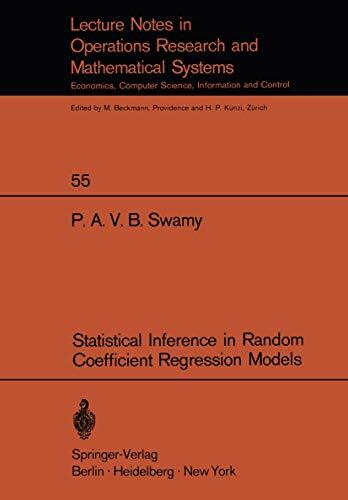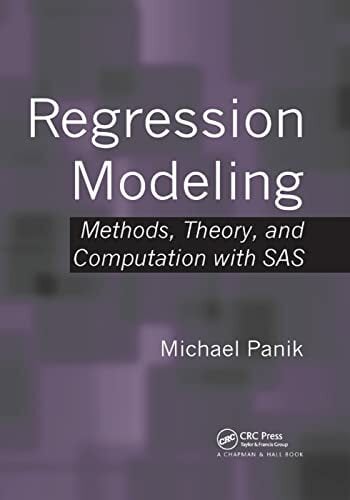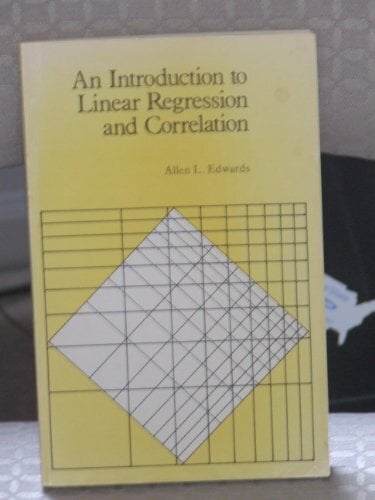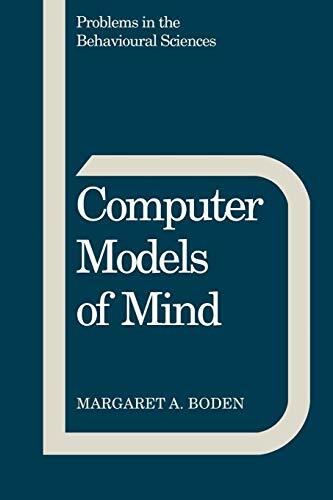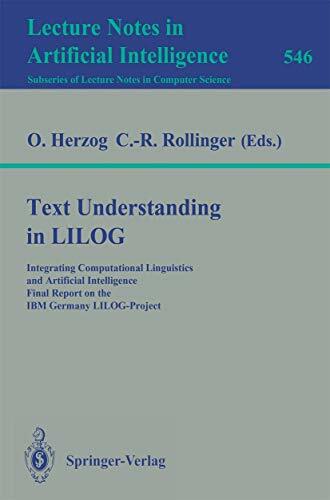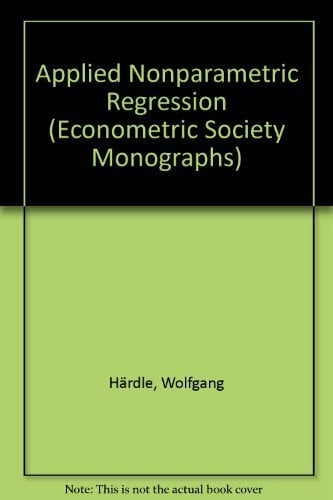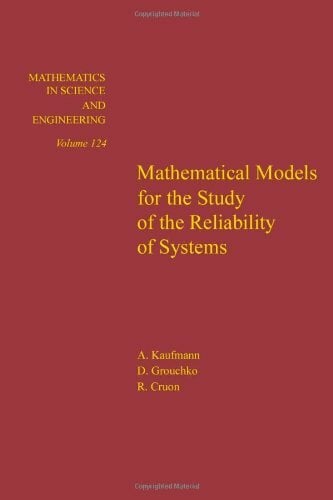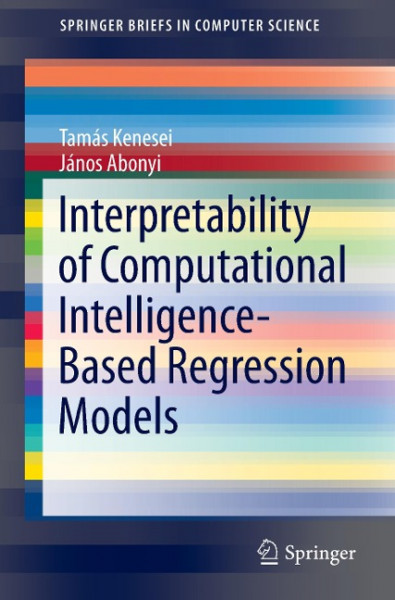
Interpretability of Computational Intelligence-Based Regression Models
Kurzinformation
inkl. MwSt. Versandinformationen
Artikel zZt. nicht lieferbar
Artikel zZt. nicht lieferbar

Beschreibung
The key idea of this book is that hinging hyperplanes, neural networks and support vector machines can be transformed into fuzzy models, and interpretability of the resulting rule-based systems can be ensured by special model reduction and visualization techniques. The first part of the book deals with the identification of hinging hyperplane-based regression trees. The next part deals with the validation, visualization and structural reduction of neural networks based on the transformation of the hidden layer of the network into an additive fuzzy rule base system. Finally, based on the analogy of support vector regression and fuzzy models, a three-step model reduction algorithm is proposed to get interpretable fuzzy regression models on the basis of support vector regression.The authors demonstrate real-world use of the algorithms with examples taken from process engineering, and they support the text with downloadable Matlab code. The book is suitable for researchers, graduate students and practitioners in the areas of computational intelligence and machine learning. von Kenesei, Tamás und Abonyi, János
Produktdetails

So garantieren wir Dir zu jeder Zeit Premiumqualität.
Über den Autor

- Gebunden
- 514 Seiten
- Erschienen 2008
- Springer

- Gebunden
- 341 Seiten
- Erschienen 2009
- Springer

- Gebunden
- 380 Seiten
- Erschienen 2008
- Springer

- Gebunden
- 471 Seiten
- Erschienen 2013
- Springer

- Gebunden
- 1157 Seiten
- Erschienen 2018
- Springer

- Gebunden
- 688 Seiten
- Erschienen 2017
- Springer

- Gebunden
- 410 Seiten
- Erschienen 2013
- Springer

- Gebunden
- 498 Seiten
- Erschienen 2015
- Springer

- Gebunden
- 336 Seiten
- Erschienen 2014
- Springer

- Kartoniert
- 178 Seiten
- Erschienen 2018
- Springer

- Gebunden
- 637 Seiten
- Erschienen 2015
- Springer

- hardcover
- 792 Seiten
- Erschienen 2017
- Springer

- Kartoniert
- 432 Seiten
- Erschienen 2008
- Springer

- Gebunden
- 802 Seiten
- Erschienen 2010
- Springer

- Kartoniert
- 358 Seiten
- Erschienen 2019
- UTB GmbH

- Gebunden
- 444 Seiten
- Erschienen 2014
- Springer

- hardcover
- 649 Seiten
- Erschienen 2016
- Springer








